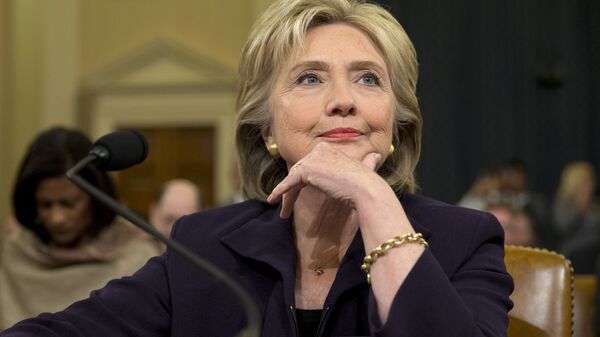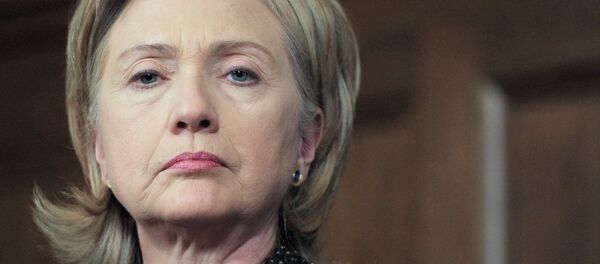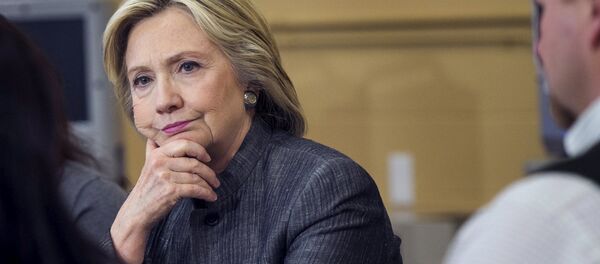The publication follows the release of over 3,105 emails on New Year's Eve, and brought the State Department in line with a federal judge's order to release 82 percent of 55,000 pages of emails by January 29.
Clinton's lawyers handed over the emails to the State Department in December last year, and intelligence officials are poring over them for sensitive information before they are released to the public. Instead of sending a digital download of the emails, which officials could search, Clinton opted to print out all the emails and delivered them in boxes to the department.
"On April 2, 2011 sources with access to advisors to Salt al-Islam Qaddafi stated in strictest confidence that while the freezing of Libya's foreign bank accounts presents Muammar Qaddafi with serious challenges, his ability to equip and maintain his armed forces and intelligence services remains intact. According to sensitive information available to this these individuals, Qaddafi's government holds 143 tons of gold, and a similar amount in silver," Blumenthal told Clinton.
The intelligence sources explained that the quantity of gold and silver is worth more than $7 billion, and "was one of the factors that influenced President Nicolas Sarkozy's decision to commit France to the attack on Libya."
"This gold was accumulated prior to the current rebellion and was intended to be used to establish a pan-African currency based on the Libyan golden Dinar. This plan was designed to provide the Francophone African Countries with an alternative to the French franc (CFA)."
According to this intelligence, several factors motivated the French president to back the US-led military intervention that toppled Qaddafi. Among them was a desire to gain a greater share of Libya oil production, and to increase French influence in North Africa, which was threatened by Qaddafi's long term plans to supplant France as the dominant power in Francophone Africa.




